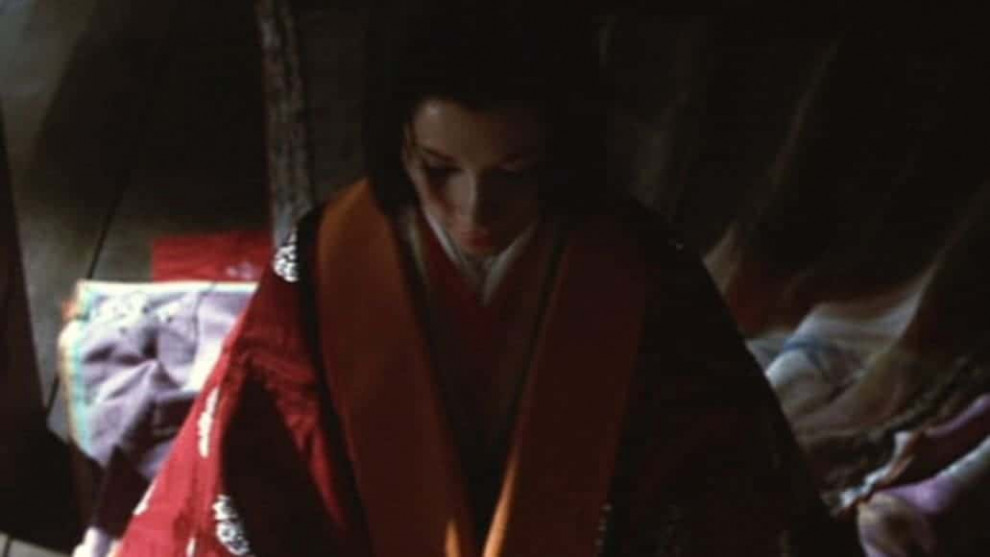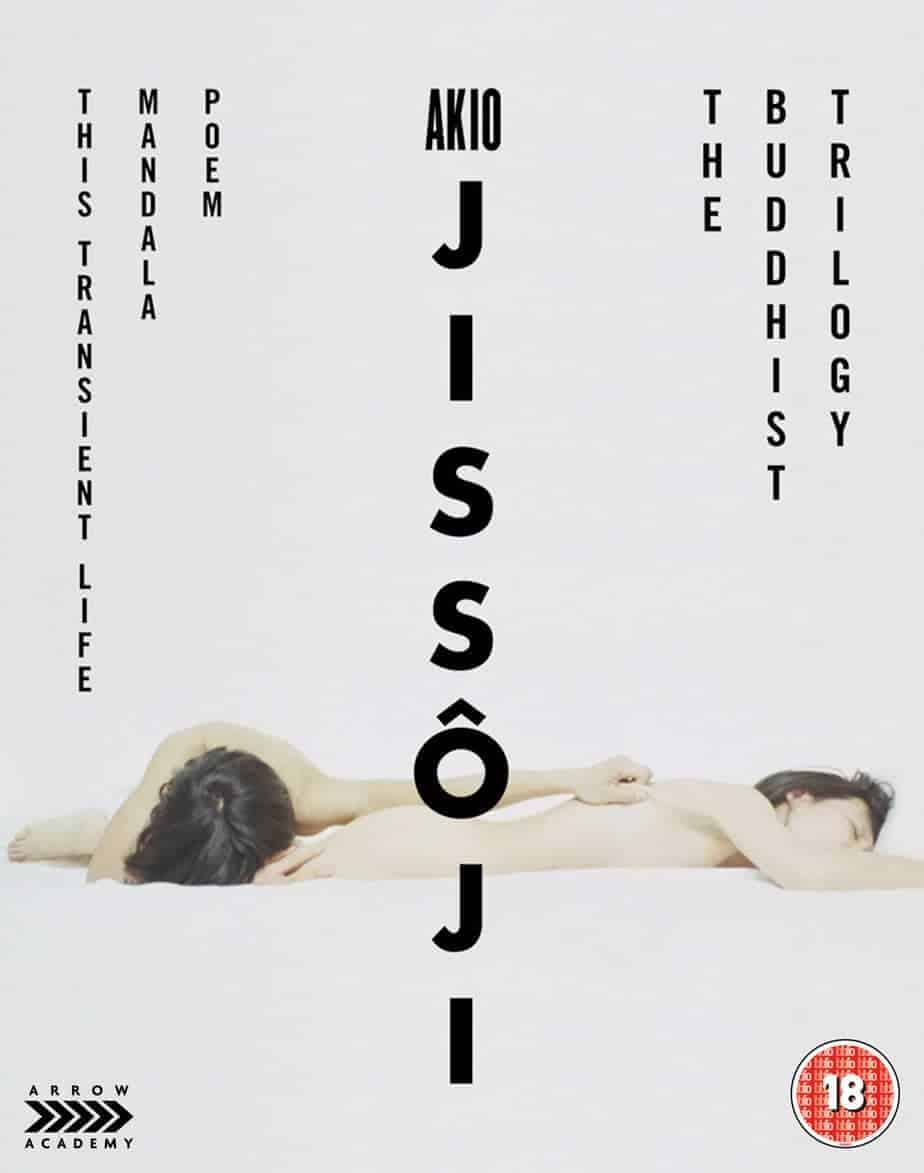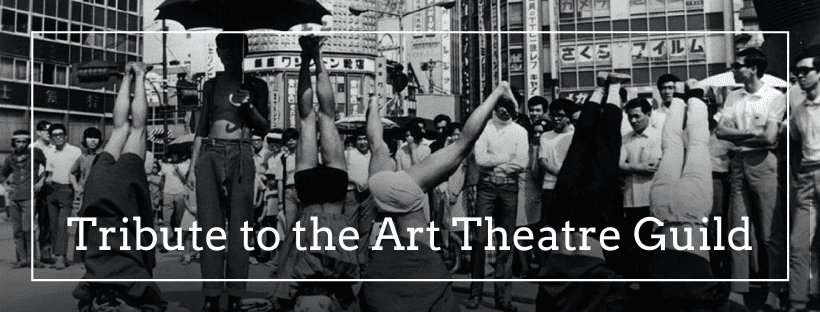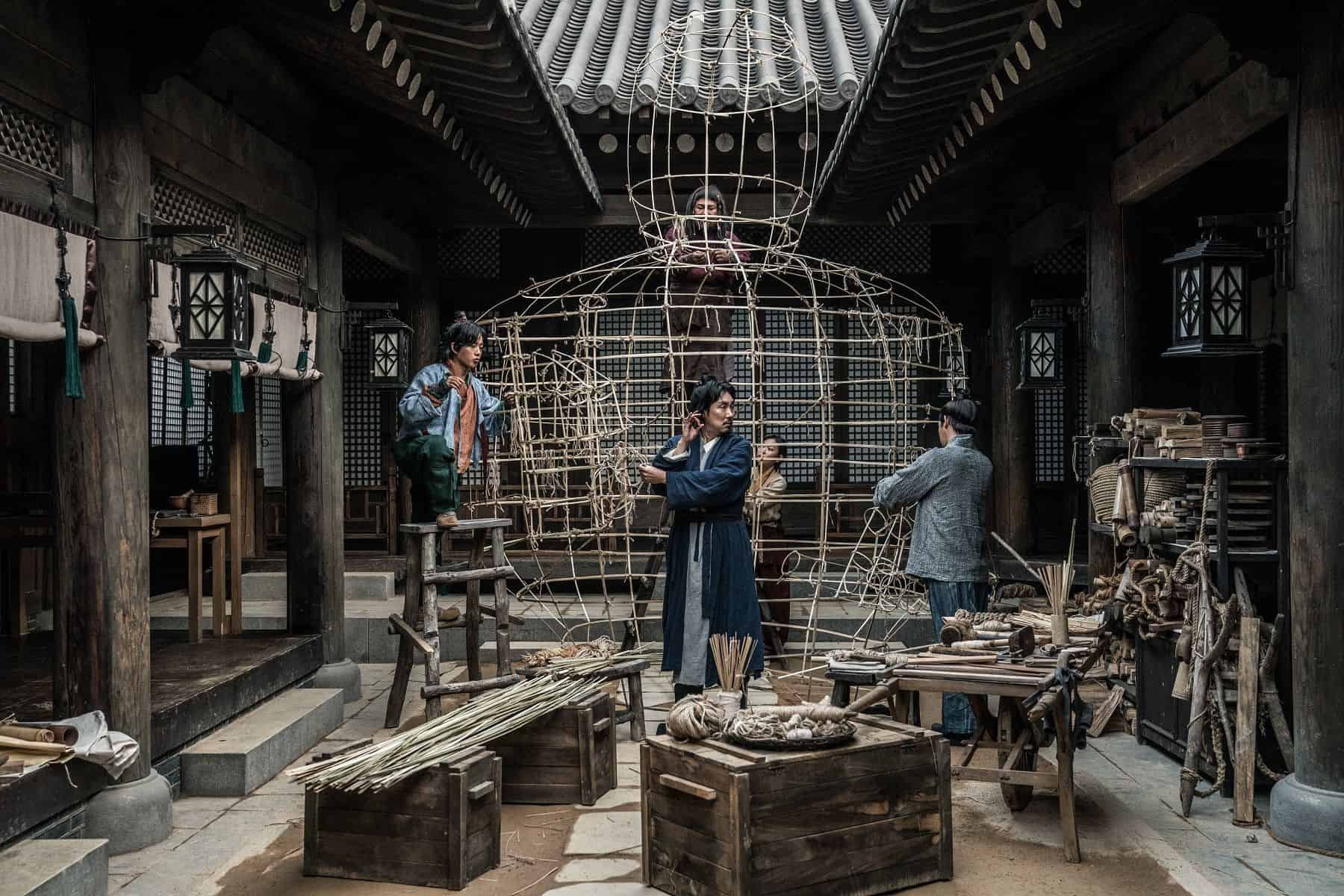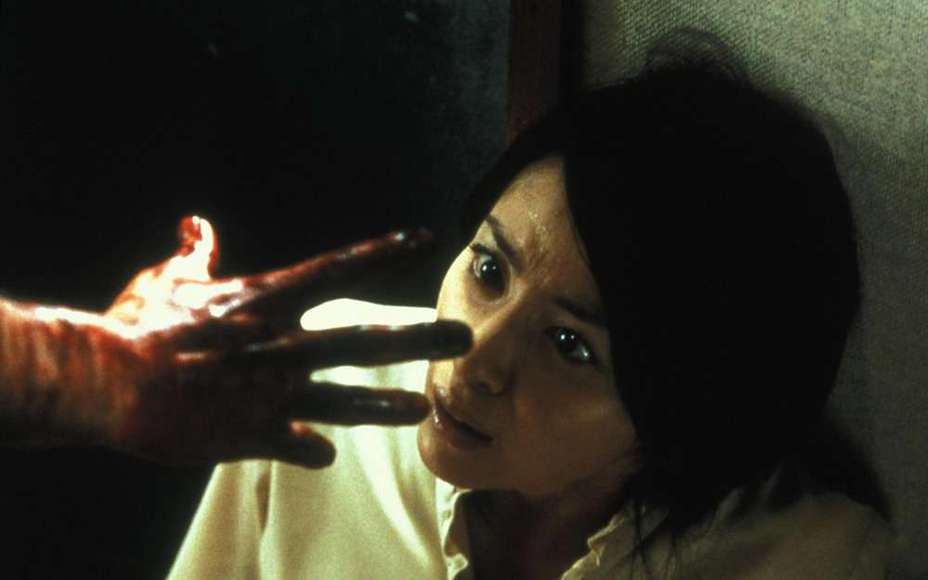After the completion of his Buddhist trilogy, Japanese director Akio Jissoji followed up with a period drama set in the 13th century. Even though it is not counted as part of the trilogy, the film, again shot by Masao Nakabori, who also worked on the last film of the trilogy, “Poem” (1972), follows similar themes. At the same time the film oscillates between the two tones defined by “Poem” and “This Transient Life” as it presents notions of rebirth and renewal, while also a deep awareness of the corrosion of the system it portrays.
Buy This Title
In general, Japan as presented in the film is in a state of upheaval with the threat of the Mongol Empire, its riders and soldiers, having already tried to set foot on the Western shores of the country. It is during this time that a young girl named Shijo (Janet Hatta) is sold to a powerful lord to serve as his concubine. Originally thrilled by the possibilities, she becomes quickly bored by his absence and starts various affairs, which slowly but surely become the focus of much attention and unwanted attention at court.
As she becomes increasingly pressured by her surroundings, she seeks refuge with a clergyman, who also falls deeply in love with her. Shijo decides to define her own way in the treacherous depths of the court, in a country whose face is about to change dramatically.
Similar to his previous film “Poem”, Akio Jissoji presents an intimate drama as a mirror to profound changes within the society as portrayed in the movie. Although the viewers see brief scenes showing the severe poverty and misery on the streets, the world of the court seems untouched by any of these circumstances. Much like the mansion in “Poem”, the affairs of the men in charge are discussed behind closed doors, remain power struggles slowly corroding the sense of unity among their own.
Perhaps one of the most interesting aspects of “It Was a Faint Dream” is its approach to the use of language in court. While the themes of spirituality and sexuality prevail in this work, language is a veil for ulterior motives, a concept highlighted by the increasing importance of poetry between the lords and rulers. At the same time, calligraphy, similar to “Poem”, gives insight into a character's struggle, into emotions deeply buried underneath the etiquette dictated by the ruling class.
Cast as the female lead, actress Janet Hatta's character introduces the viewer into this world. Her subtle performance emphasizes the growing sense of faint disgust and tiredness with a system “oblivious to harsh changes in society”.
“It Was a Faint Dream” is a more linear, yet nevertheless quite captivating entry in Akio Jissoji's body of work. While missing the strong imagery of the Buddhist Trilogy, its portrayal of a corroding system as well as the performance by Hatta make this one a worthy viewing experience.


